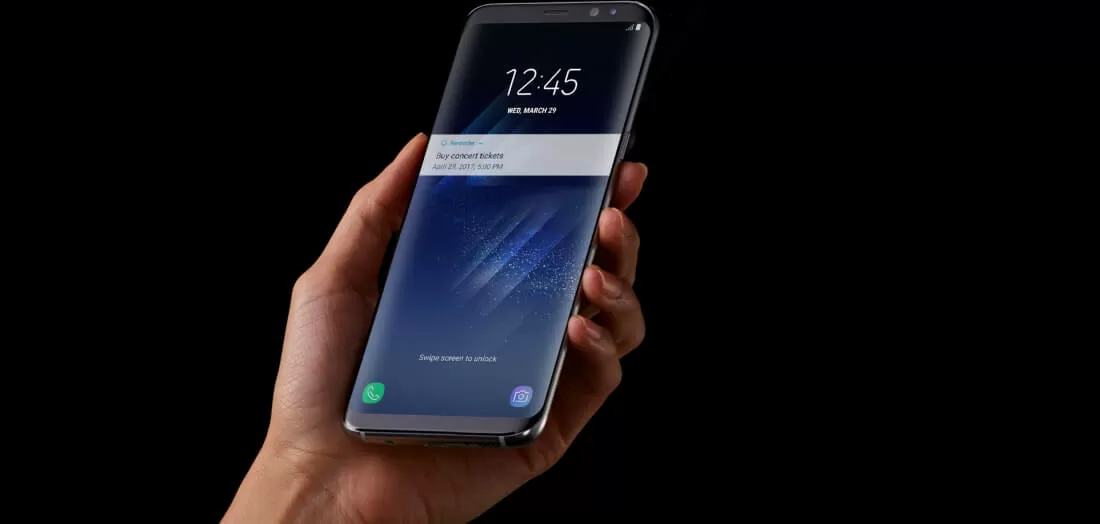For the last 20+ years, the traditional thinking in the tech industry has been that in order to have any real power and influence, you had to have an operating system. Companies like Microsoft, Apple, and Google have turned their OS offerings into platforms, which could then be leveraged to provide additional revenue-generating services, as well as drive the direction and application agenda for other companies who wanted to access the users of a particular OS.
In an effort to follow that strategy, we've witnessed a number of companies try, unsuccessfully, to reach a position of power and control in the tech industry by building or buying operating systems of their own. From Blackberry, to HP and LG (with WebOS), to Samsung (with Tizen), there have been numerous efforts to try to replicate that OS-to-platform strategy.
Over the last year or so, however, we've begun to see the rise of platforms that are built to be independent from an OS. Prominent among these are Amazon, with Alexa, Facebook with, well, Facebook, and most recently, Samsung with a whole set of services that, while initially focused on their hardware, actually reflect a more holistic view of a multi-connection, multi-device world.
Interestingly, even many of the traditional OS vendors are starting to spend more time focusing on these "metaplatform" strategies, as they recognize that the value of an OS-only platform is quickly diminishing. Each of the major OS vendors, for example, is placing increased emphasis on their voice-based assistants---most of which are available across multiple traditional OS boundaries---and treating them more like the OS-based platforms of old.
Moving forward, I suspect we will see more machine learning and artificial intelligence (AI)-based services that may connect to the voice-based assistants or the traditional OS's, but will actually be independent of them. From intelligent chatbots, that enable automated tech support, to sales and other common services, through smart news and media-delivery applications, these AI-based services are going to open up a sea of new opportunities for these "new" platform players.
Another key new service will likely be built around authentication and digital identity capabilities. This will serve not only as a first log-in of the day, but function as an identity gateway through e-commerce, online banking, secure communications, and many other key services that require verification and authentication of one's identity.
While some OS-independent platform strategies have been known for some time, the recent Samsung S8 launch event unveiled the first real glimpse of what Samsung may have in mind going forward.
While some of these OS-independent platform strategies have been known for some time, the recent Samsung S8 launch event unveiled the first real glimpse of what Samsung may have in mind going forward. Because of the company's extensive range of not only consumer tech products, such as smartphones, tablets, wearables and PCs, but also TVs and other consumer electronics, along with white goods like connected appliances, Samsung is uniquely positioned to deliver the most comprehensive connected hardware (and connected home) story of almost any company in the world. In fact, with the recent purchase of Harman---a major automotive component supplier---they can even start to extend their reach into connected cars.
To date, the company hasn't really leveraged this potential position of power, but it looks like they're finally starting to do so. Samsung Pass, for example, moves beyond the simple (though critical) capability of digital payments offered in Samsung Pay, to a complete multi-factor biometric-capable identity and vertification solution. Best of all, it appears to be compatible with the FIDO Alliance standard for the passing of identity credentials between devices and across web services, which is going to be a critical capability moving forward.
On a more concrete level, the Bixby Assistant on the S8, of course, provides the kind of voice-based assistant mentioned previously, but it also potentially ties in with other Samsung hardware. So, for example, you will eventually be able to tell Bixby on your Samsung phone to control other Samsung-branded devices or, through their new Samsung Connect Home or other SmartThings hub device, other non-Samsung devices. While other companies do offer similar types of smart home hubs, none have the brand reach nor the installed base of branded devices that Samsung does.
As with any single-branded effort to dominate in the tech world, Samsung can't possibly make a significant impact without reaching out proactively to other potential partners (and even competitors) on the device side in order to make its connected device platform viable. Still, because of its enormous footprint across so many aspects of households around the world, Samsung now possesses a bigger potential to become a disruptor in the platform war than its earlier OS-based efforts with Tizen might have suggested.
Bob O'Donnell is the founder and chief analyst of TECHnalysis Research, LLC a technology consulting and market research firm. You can follow him on Twitter @bobodtech. This article was originally published on Tech.pinions.
